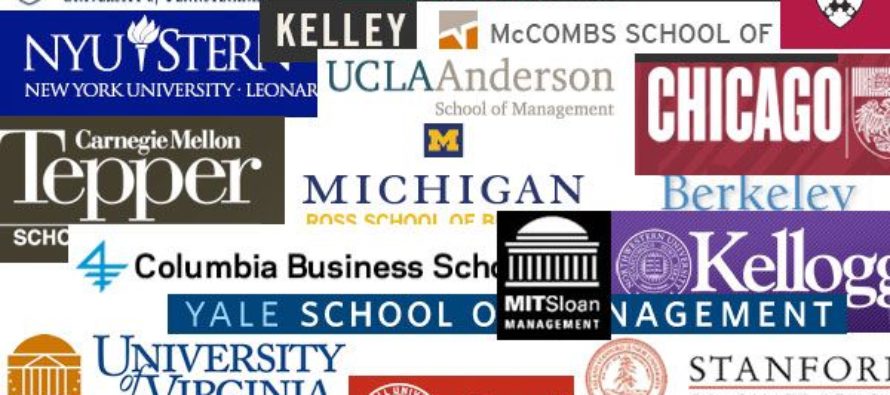All MBAs Are Not The Same

Related Articles
It was not that long ago that an executive with an MBA was something of a rarity, marked out as a high-flyer heading for the C-suite.
Today an MBA is virtually a prerequisite for anyone wanting to get on in business but the resulting proliferation in courses and institutions offering them has given them a headache: the tyranny of choice.
Now the dilemma facing the ambitious executive is not so much whether to take an MBA, but which one to choose.
If you have want to work in a senior position, an MBA is seen by many people almost a requirement, says Sean Ennis, director of MBA programs at Strathclyde University in Scotland.
But there is an argument to say that an MBA has been somewhat devalued by the sheer number of schools running it, and some are not worth the paper theyre written on.
This puts a significant emphasis on international rankings. One of the most widely-used is produced by the Financial Times and measures the impact of an MBA on salary.
According to the latest ranking an MBA from Harvard Business School, the top-rated, leads to a 96% salary bump, to $179,910.
Even among the top 100 ranked MBAs there is considerable variation, with salary uplift ranging from 55% to 160%.
But these figures also need to be set in context. Some of the biggest salary increases are associated with business schools in China, where pre-MBA salaries are likely to be lower and graduates more likely to find work overseas on completing their course.
Fortunately, would-be students can also compare other indicators including employment rates, career progression and whether alumni would recommend the course.
An MBA does open doors but companies are looking for graduates from a credible international business school, Dr Ennis adds.
Alick Kitchin, joint head of Edinburgh Business School, advises that while an MBA can be a valuable asset, employers are looking for more than just a qualification on a CV.
It is an indicative qualification that shows the holder has grasped or mastered certain elements of knowledge, but it would be a foolish employer who thinks someone with an MBA is going to revolutionize their business, he says.
It has become a very good reason not to interview someone if they dont have it, but it doesnt mean that if you do they are going to give you a job.
Travis Callaway undertook extensive research into the merits of different programs before deciding to do his MBA, in global finance, via distance learning from Durham University.
It really comes down to the calibre of the program, he says. Everyone gets the same three letters but to ensure the MBA you do is valued you really have to choose the right program, and that is one that is respected and will stand up to the competition.
Now Callaway, who works in sports advertising in Canada, is involved in recruiting, and one of the first things he does is check where candidates took their MBA.
I have received applications from tons of people who have MBAs and the first thing I do is look up the school, he says. If its not a school I would have considered, to me that is no way as valuable. It is a matter of differentiation.
The message to those considering this route is that employers have wised up: all MBAs are not the same, and it pays to choose carefully.
No Comments
Only <a href="http://foreignmba.com/mba/wp-login.php?redirect_to=http%3A%2F%2Fforeignmba.com%2Fall-mbas-are-not-the-same%2F"> registered </a> users can comment.


Let me tell You a sad story ! There are no comments yet, but You can be first one to comment this article.
Write a comment